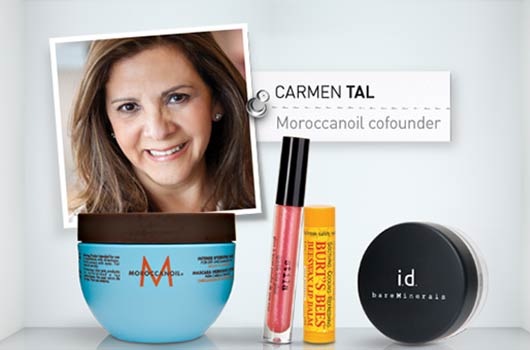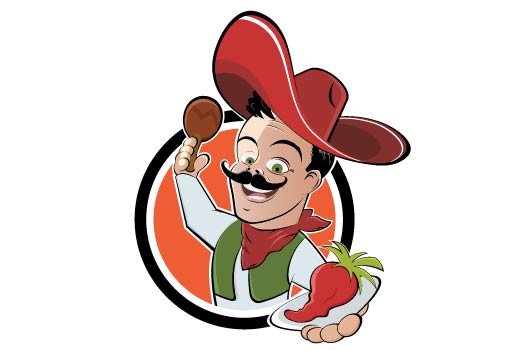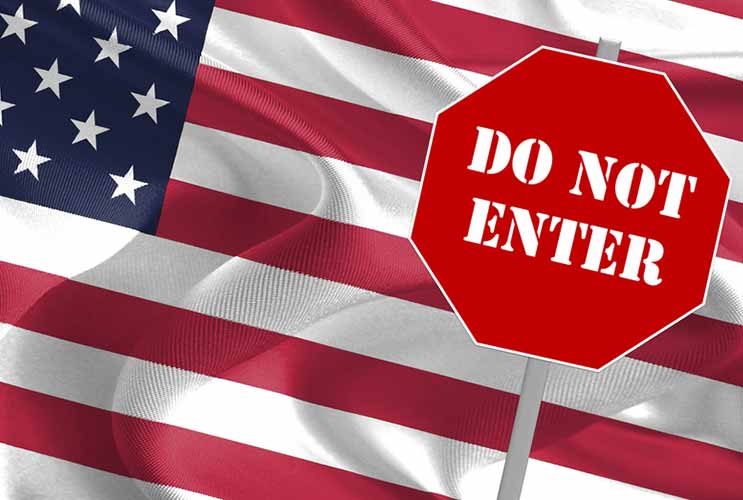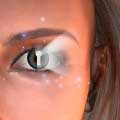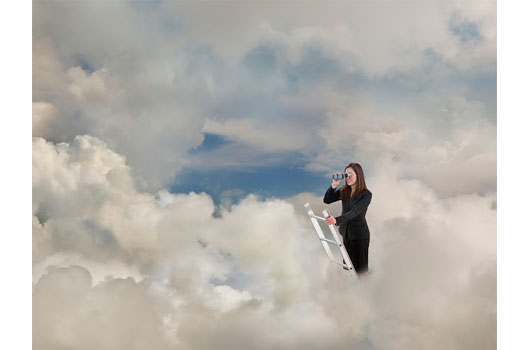
All love stories have an ending, either because the love has faded, was dysfunctional, or because of death. My love story with alcohol ended because it hurt too much. My breakup happened on a day in early September, 19 years ago. Coincidentally, September is also National Recovery Month!
Back then didn’t think I had it in me to quit drinking. It was like a bad relationship I just couldn’t get out of. Eventually I was able to escape, but not overnight. I had to become aware of my problem, hit rock bottom, and then understand that there was hope and help.
MY LOVE STORY
I started drinking at a very young age. Why? I don’t really know. I had a loving family that treated me with love and respect; I have no tragic story, and no one in the near family but me drank. I was extremely shy, self-conscious and fearful. I grew up without a mother, and some therapists have told me that may have contributed to the issue. But, for me, the “whys” don’t really matter anymore. The fact is alcohol provided extreme relief from the pressures of life. My lover, the bottle, helped me get over my shyness, social anxiety and self-hatred. It made me feel whole and happy, at least while I was drunk. It took away my loneliness and kept me company.
DIAGNOSIS: COMPENSATED CIRRHOSIS
Eventually something had to give. One morning, when I was just 22, I woke up feeling nauseous and was rushed to the hospital. After the doctor ran some tests, he explained the diagnosis: compensated cirrhosis, enlargement of the liver. This stage of cirrhosis signifies early liver damage in which the body functions well despite the damaged tissue. Of course, I had no idea what he was talking about. I thought to myself that if my liver was larger, it could take more abuse! Dead wrong. The doctor told me that if I didn’t quit drinking immediately, I would not make it past 24. Only two more years? I refused to believe it!
You’d think this would deter me, or scare me, but it didn’t. I tried to imagine abandoning my courage, my self-assurance, my companion: the bottle. Never! As the saying goes, “Insanity is doing the same thing over and over again and expecting different results.” And that could just as easily be the definition of addiction.
Slowly but surely, like any destructive love affair, the addiction started robbing me of all the “benefits” it once gave me, and it just hurt. I needed to drink more, and more often, to feel good about myself. Drinking and lying about it, trying to hide it, was becoming a full time job. I already had a full time job as a language teacher. I couldn’t really hold down both jobs successfully. They were starting to conflict.
Read Related: Make Lifestyle Changes without Punishing Yourself
I survived past those two years and got my second chance. It happened at age 28, in London. As I came out of the subway all jittery and hung-over, I lost vision in one eye. I was scared like never before, and exhausted. That was when I prayed, although I am not religious. I asked God to please help me! I just couldn’t do it any longer. The next day on my flight back to my home in Madrid, my vision back, I drank my last beer and when I landed, I decided to break up with my lover. I admit it was a hard goodbye.
THE ROAD TO RECOVERY
The morning after arriving in Madrid, my hometown back then, I went to my first Narcotics Anonymous (NA) meeting. I was scared and defeated. I was going to try and face life without alcohol as my crutch, for the first time. I found solace, strength and help from the people I met at NA, who, despite being very different from me socially or culturally, shared exactly the same fears, addiction and insanity.
Here’s what I did to help sustain my recovery:
- I stopped going out at night.
- I quit seeing my drinking buddies. I still had real friends but I had to work to regain their trust.
- I went to 12-step meetings daily for the first 6 months.
- I attended NA conventions.
- I got a sponsor in my 12-step group, who served as my guide in recovery.
- I avoided getting emotionally involved with anyone for about a year. (That one was tricky.)
- I spent time with friends and family who were aware of my drinking problem and supported my desire to recover. This made me feel more comfortable and safer.
- I read everything about recovery and addiction I could get my hands on.
- I lived one day at a time. This made me less fearful of a future without alcohol to buffer life’s trials and tribulations.
GROWING UP WAS THE HARDEST PART
I believe that when I quit drinking I was emotionally at the very same place as when I started drinking at age 13. All those years of alcoholism had smothered my feelings and stunted my emotional growth. I had to pick up life from where I left off, which meant I had to learn to overcome my shyness, my fear and my self-hatred.
19 years later, I can say that I never again felt the urge to drink. I understand I have a disease, and it will be a part of me forever. I have to be constantly vigilant, because the reality is that every day I am just a drink away from a relapse. But I choose not to drink. And in National Recovery Awareness Month, I am proud to say: Recovery is possible. If you are in the grips of an addiction, make it a point to do your best to quit, and you will finally get there. Be persistent. What you might see as failure today is just a way of preparing yourself for the destination: Recovery! All these years of being clean and sober have taught me that recovery from addiction is possible, one day at a time.
GETTING HELP
LITERATURE
- Dry, a Memoir by Augusten Burroughs
- Recovery Literature from NA
- Recovery Literature from AA




